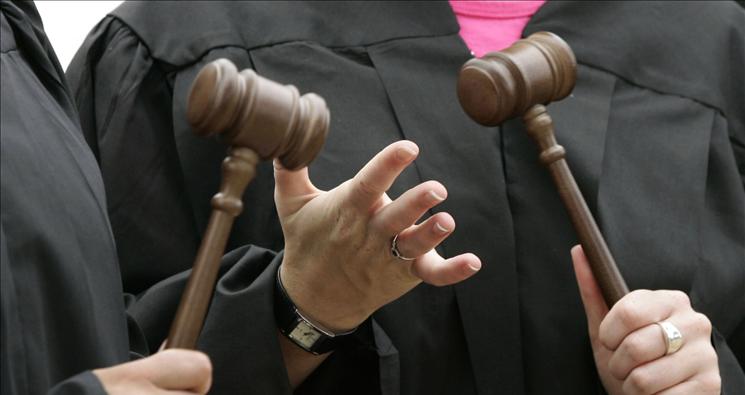Brief Filed in New York City Pro-Life Crisis Pregnancy Center Case
For the past few years, the ACLJ has represented two non-profit organizations that operate numerous pro-life crisis pregnancy centers in New York City in a lawsuit challenging a City law that imposes burdensome disclaimer and confidentiality requirements upon crisis pregnancy centers. Today we filed a petition for rehearing en banc in which we ask the United States Court of Appeals for the Second Circuit to reconsider certain issues in the case with a large panel of judges.
The law, enacted in March 2011, was designed by pro-abortion legislators to severely limit the ability of pro-life centers to advertise their services, and to divert the course of conversations that these centers have with women who are interested in their services, by requiring three lengthy disclaimers to be included, in English and Spanish, in any advertisements, in conversations in which a woman asks about abortion, contraception, or pre-natal care, and on signs posted at the center’s entrance and waiting area. Non-compliance with the law is punishable by thousands of dollars of penalties.
In July 2011, on the eve of when the law’s requirements would take effect, the trial court granted our motion for a preliminary injunction, allowing our clients to continue to speak freely while the case moves forward. The court concluded that the law significantly burdens our client’s ability to speak freely, and is not the least restrictive way of promoting the City’s interests. The court also concluded that the law’s definition of “pregnancy services center,” which determines what facilities are subject to the law’s requirements, is unconstitutionally vague.
The City appealed to the Second Circuit, and on January 17, 2014, a three-judge panel agreed with the trial court in holding that two of the law’s three disclaimer requirements violate our clients’ First Amendment rights. However, by a 2-1 vote, the panel also upheld a third disclaimer requirement and concluded that the law’s definition of “pregnancy services center” is not unconstitutionally vague. Judge Wesley wrote a separate opinion in which he stated that
Local Law 17 is a bureaucrat’s dream. It contains a deliberately ambiguous set of standards guiding its application, thereby providing a blank check to New York City officials to harass or threaten legitimate activity. . . . [T]he entire statute is irredeemably vague with respect to the definition of a pregnancy services center (PSC).
Today, we asked the Second Circuit to rehear the case concerning the third disclaimer requirement and vagueness issues with a larger panel of judges. As our petition explains,
The panel’s vagueness decision is inconsistent with the Supreme Court’s holding in Grayned v. City of Rockford, 408 U.S. 104 (1972), that laws must “‘provide explicit standards for those who apply them’ to avoid ‘resolution on an ad hoc and subjective basis, with the attendant dangers of arbitrary and discriminatory application’” because “the entire statute is irredeemably vague with respect to the definition of a pregnancy services center.” . . .
Furthermore, in upholding one of LL17’s disclaimer requirements, the panel’s decision conflicts with Supreme Court cases concerning the application of strict scrutiny—most directly Riley v. National Federation of the Blind of North Carolina, Inc., 487 U.S. 781 (1988)—in three respects. First, the panel incorrectly held that the enforcement of existing laws against those who engage in improper conduct is not a less restrictive means of achieving the government’s interests. Second, the panel overlooked LL17’s overbreadth, as LL17 applies to facilities regardless of whether they engage in any improper conduct. Third, the panel did not apply the exacting evidentiary burden of proof that the government must satisfy to justify a law that is subject to strict scrutiny. These conflicts warrant en banc review concerning important constitutional issues.
We should learn within the next several weeks whether the Second Circuit will agree to rehear the case, and also whether our clients will be forced to comply with part of the law as the case continues.
